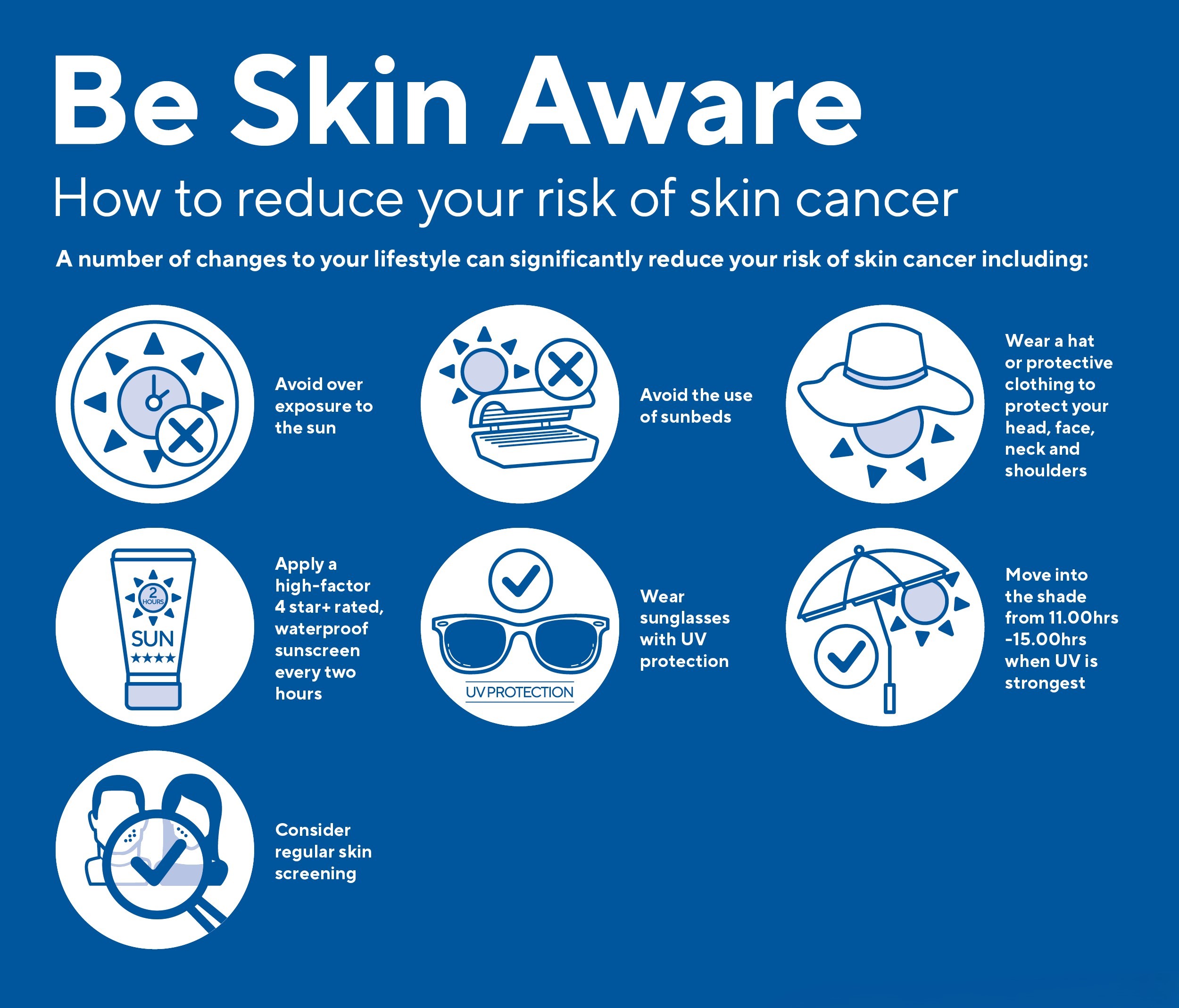June 13 (Punjab Khabarnama) : Kevin Jonas, a day back, shared a snippet of his skin cancer diagnosis journey on his Instagram profile. The American musician and actor shared the video where he spoke of his surgery of getting a basal-cell carcinoma removed from a corner of his forehead. Carcinoma is a type of cancer that develops in the epithelial tissue. “Friendly reminder to get your moles checked,” Kevin wrote in the caption. This has brought our attention to skin cancer, and how we can prevent it.
Dr. Ashay Karpe, Director and Founder, Sunrise Oncology Centre said, “Early signs of skin cancer can vary by type, but there are general indicators to watch for. New skin growths, persistent sores that do not heal, or changes in existing moles warrant attention. Asymmetry, where one half of a mole does not match the other, and border irregularity, with edges that are ragged, notched, or blurred, are critical warning signs. Additionally, color variations, with multiple or uneven colors within a mole, and a diameter larger than 6mm (about the size of a pencil eraser) or a spot that is growing, are concerning. Any evolving changes in size, shape, color, or symptoms such as itching, tenderness, or bleeding should prompt a medical consultation.”
Early signs of skin cancer:
Dr Kandra Prasanth Reddy, Radiation Oncologist, American Oncology Institute, Hyderabad, further noted down the early signs of skin cancer that we should be aware of.
New growths or sores: Be vigilant about any new growths, moles, or lesions on the skin.
Changes in existing moles: One half of the mole doesn’t match the other or the mole starts having irregular, scalloped, or poorly defined borders. There can be variations in color including different shades of brown, black, or even patches of pink, red, white, or blue. The moles may sometime be accompanied by itching or bleeding.
Unusual Sensations: Persistent itching, tenderness, or pain in a specific area could be a sign of skin cancer.
Precautionary measures against skin cancer:
Dr Kandra Prasanth Reddy further shared the precautions that we can take to avoid skin cancer:
Sun protection: Using a sunscreen of SPF 30 or above and wearing protective clothes can help against getting direct sunlight. We should avoid tanning beds as they emit UV radiation that can increase the risk of skin cancer.
Regular skin examinations: We should conduct monthly self-exams to check for any new or changing lesions. Scheduling annual skin checks with a dermatologist is also necessary, especially if we have a history of skin cancer or other risk factors.
Healthy lifestyle: Maintaining a diet rich in antioxidants, vitamins A, C, and E are important. We should drink plenty of water throughout the day and avoid tobacco consumption.

